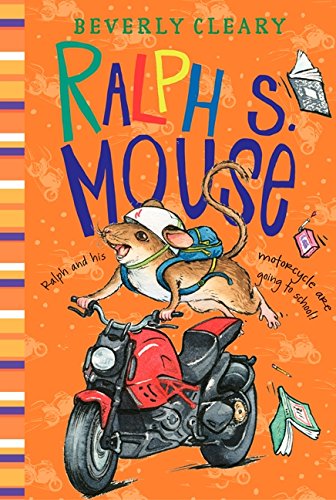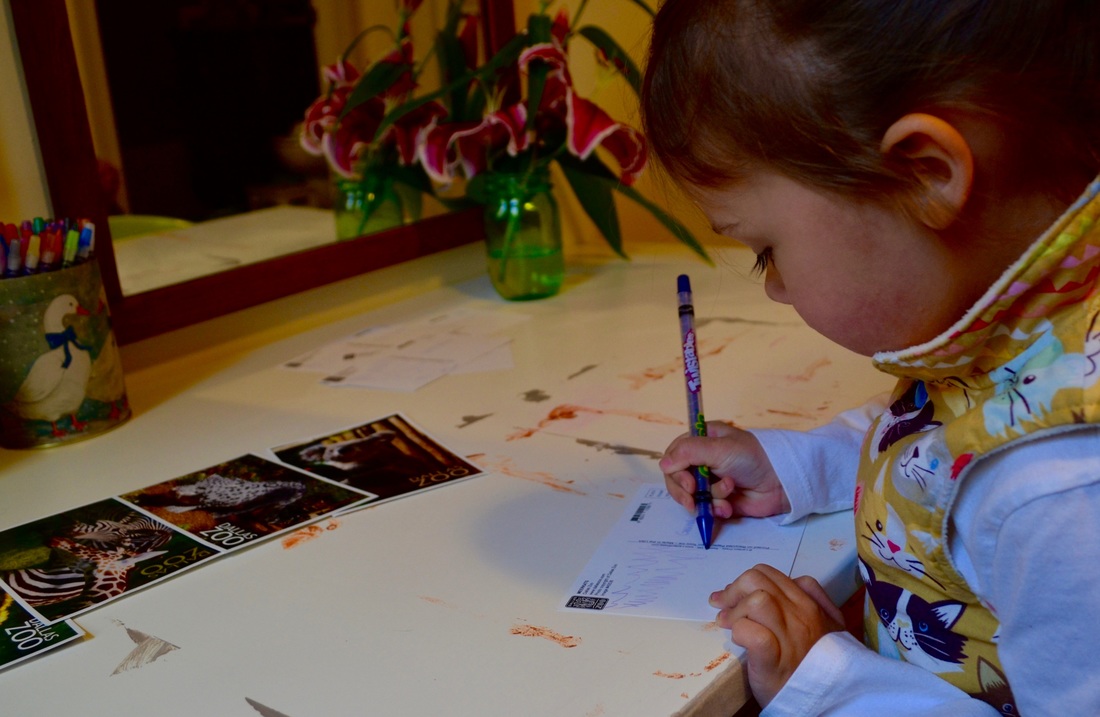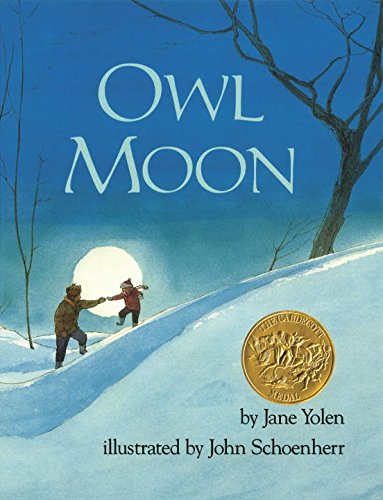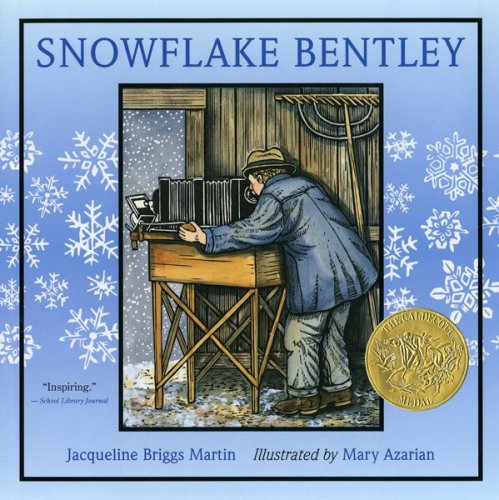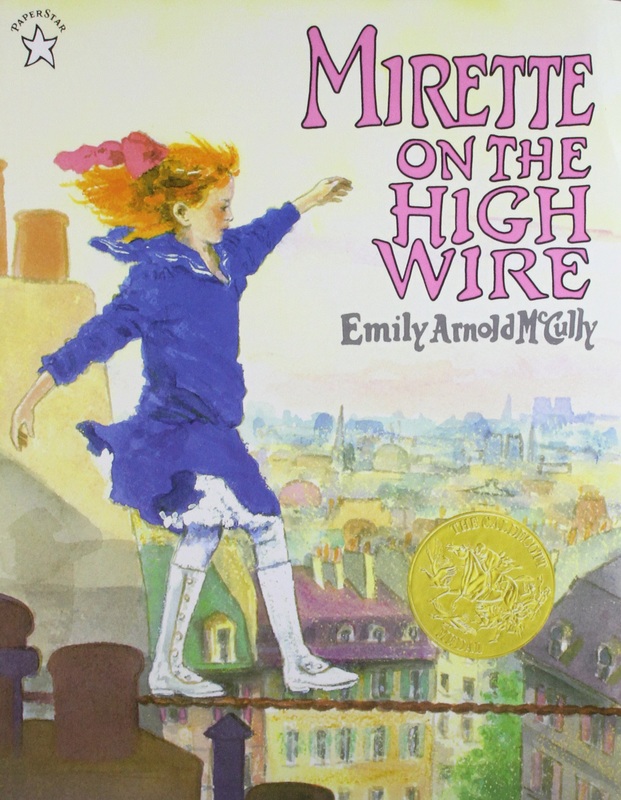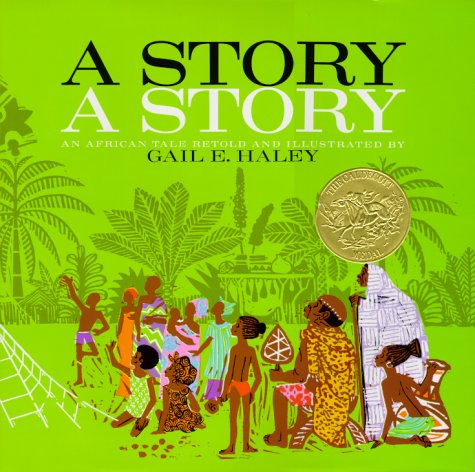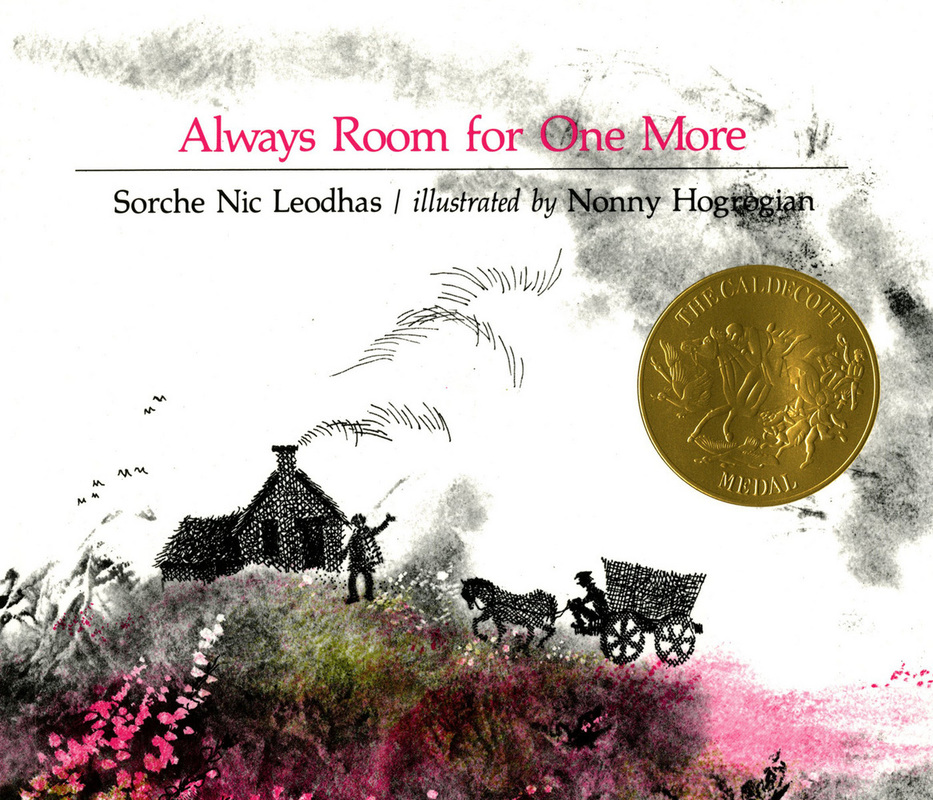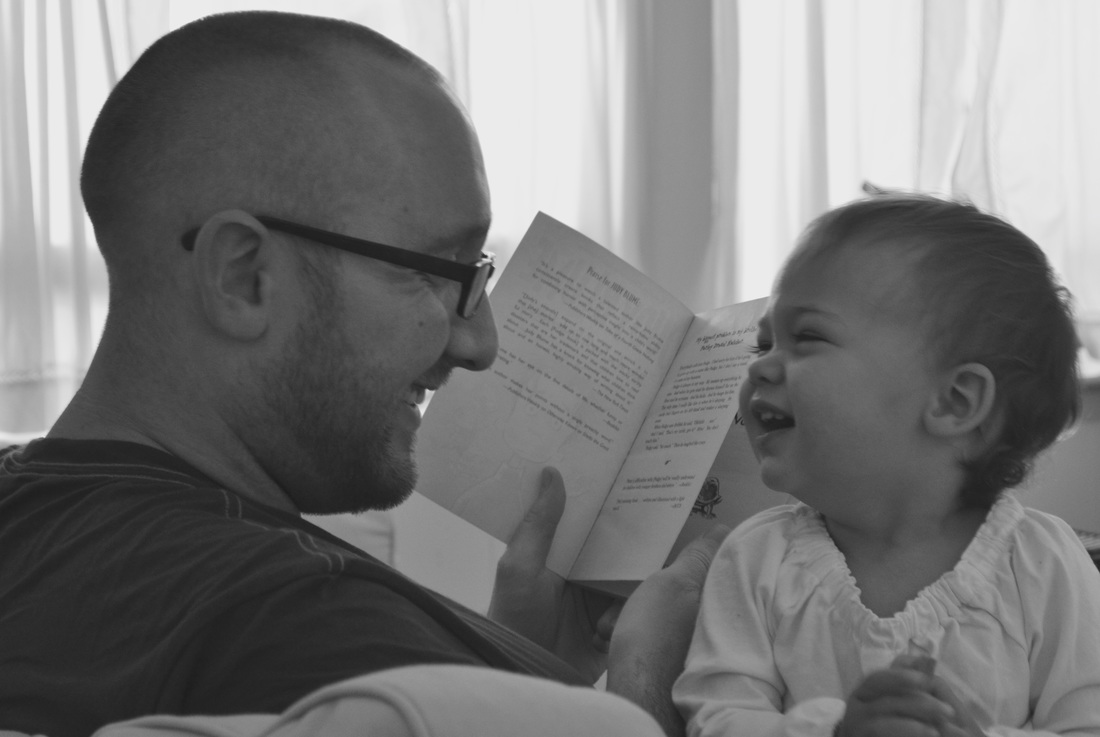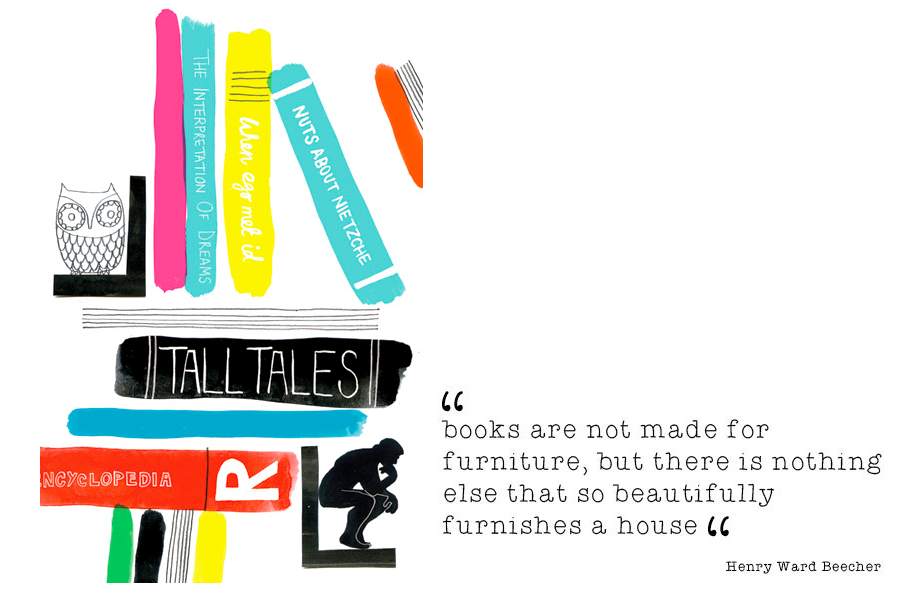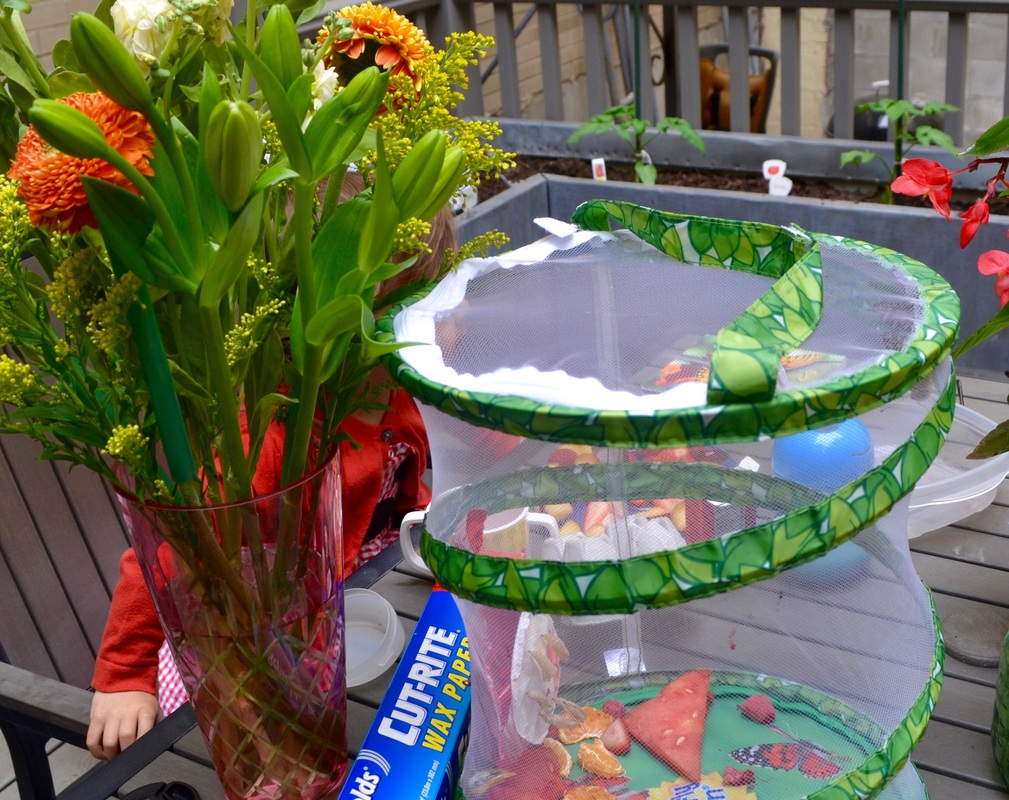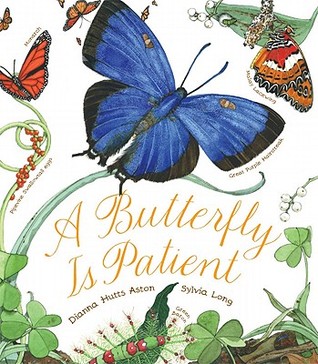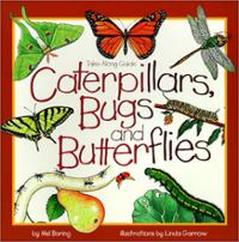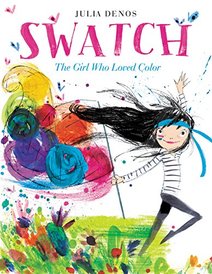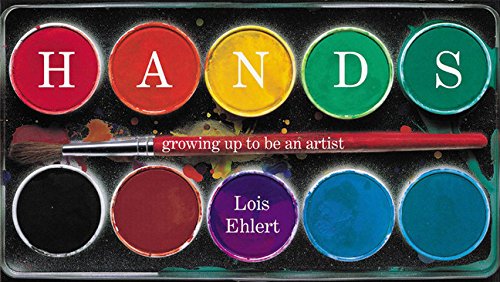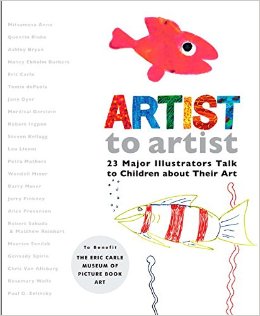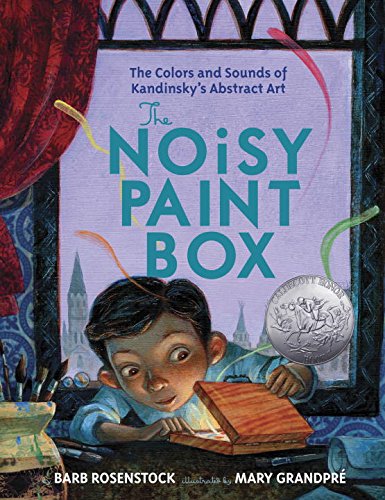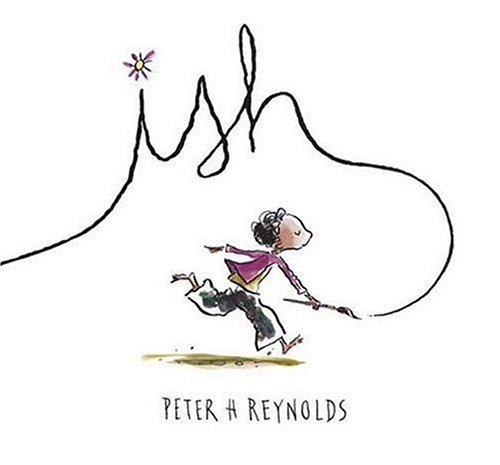| As a teacher, I always wanted my students' parents to read out loud with their kids. And, keep in mind - I taught 3rd grade on up. So, I was asking parents to read out loud with their kids after their kids mostly knew how to read on their own. On the other side, as a parent, I need to actually carve that time out. Pile on making sure we actually have a good book to read that we both want to read, be a good reader to my kid, not be stressed while we're doing it and spend potentially a good portion of time seems like a lot. And then - It's more if you have more than one kid in your household! |
Here are a few practical parenting tips to help you read out loud with your older kid.
1. Don't do it everyday. But do it more than once per week.
Do it early in the morning or during downtime in the afternoon. Before bedtime might seem rushed or more stressful than other parts of the day. Try it early on a Saturday morning at breakfast to start the day or late Sunday afternoon to wrap up a busy weekend. Just try it!
2. Share the responsibility.
But also, consider other adults. Grandparents, babysitters, aunts and uncles can all be looped in here. They can read a whole book with your child or a chapter here and there. One caveat - someone needs to know the entire book so your kid can discuss consistently with the same person.
3. Audiobooks are your friends.
A few tips with this one - still have the hard copy book so you can follow along. Listening to a book and also tracking the words has been shown to help with comprehension. Listen to the audiobook together so you can debrief together or you can stop and chat about something as you listen.
4. Make a homemade audiobook. Record yourself.
You're still reading the book so you can still discuss it later. And, when you record, you should still stop and ask questions (just pause after you do). It might feel weird at first, but it's a great feeling to know that you are still reading to your child even if you can't be there to do it in real-time.
You can record yourself on your phone or use a voice recorder. We use this one in our house. For more details on recording your own audiobooks and benefits, read through this literacy quick tip.
5. Present choices you like too.
| This is where reading joyfully comes into play. You might think you should only include your child's viewpoint when selecting a book to read together. But, if you're doing the reading, you want to read something you like or are at least interested in. Pick a few choices that you like from your own childhood, some from the bookstore that look interesting on the cover or the plot seems interesting. Then offer a few choices. Let your child pick one from a set of curated options. |
If you both don't like the book or someone is really bored, abandon the book and choose another. It's okay and a good exercise in why you don't like a book or why you don't think it will get any better. If it's not worth your time and you're not enjoying it, don't read that book. Read one you like.






